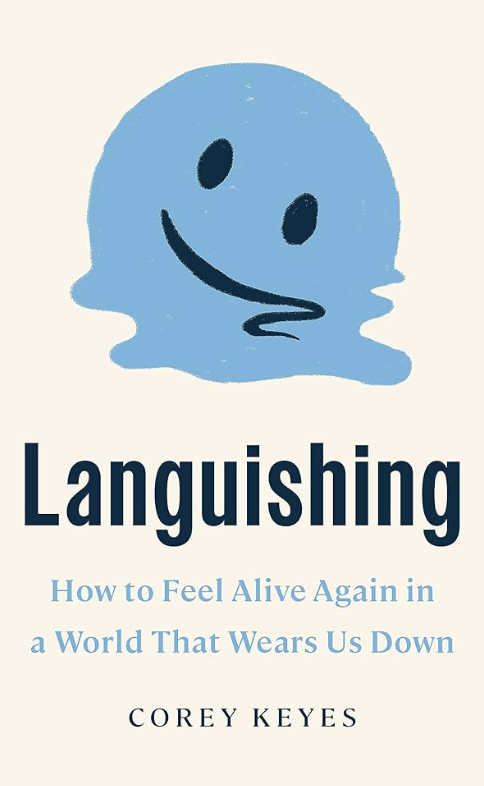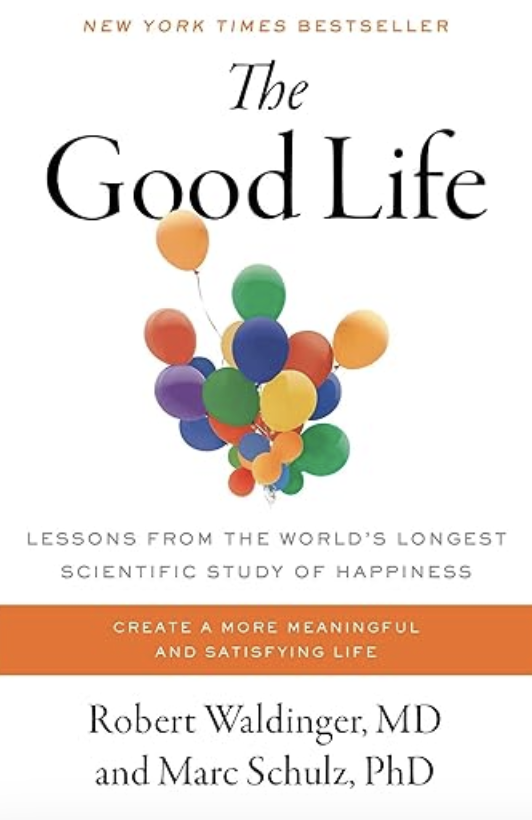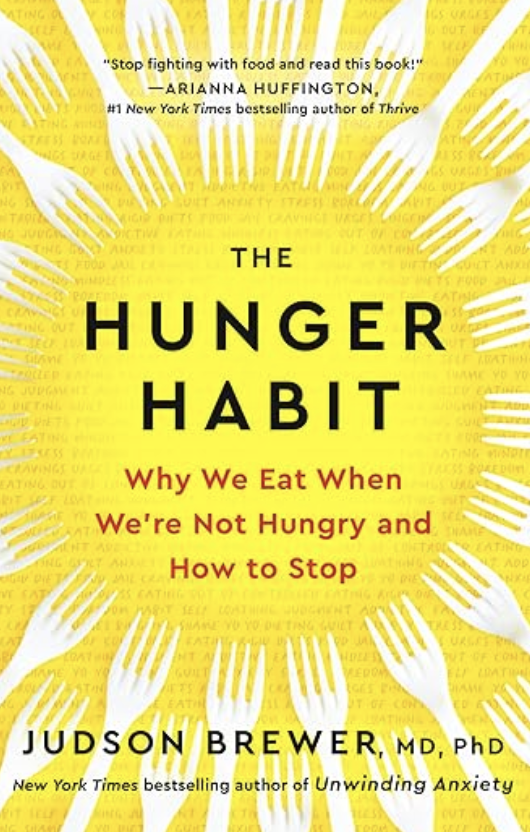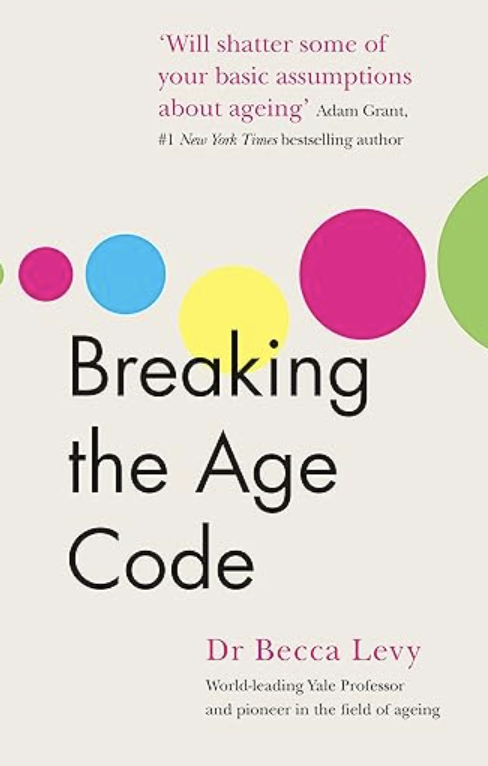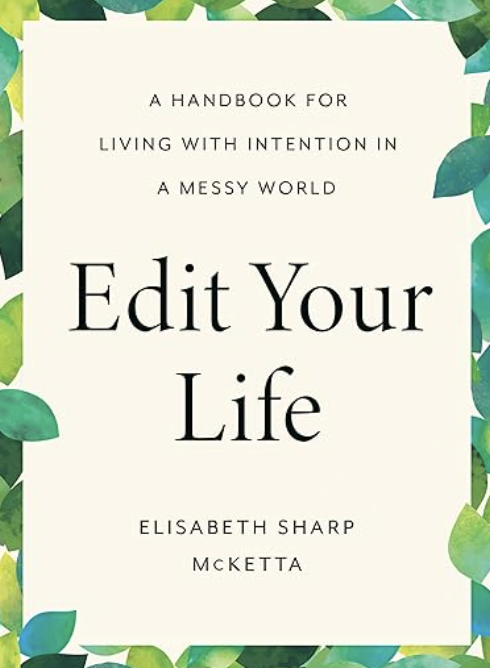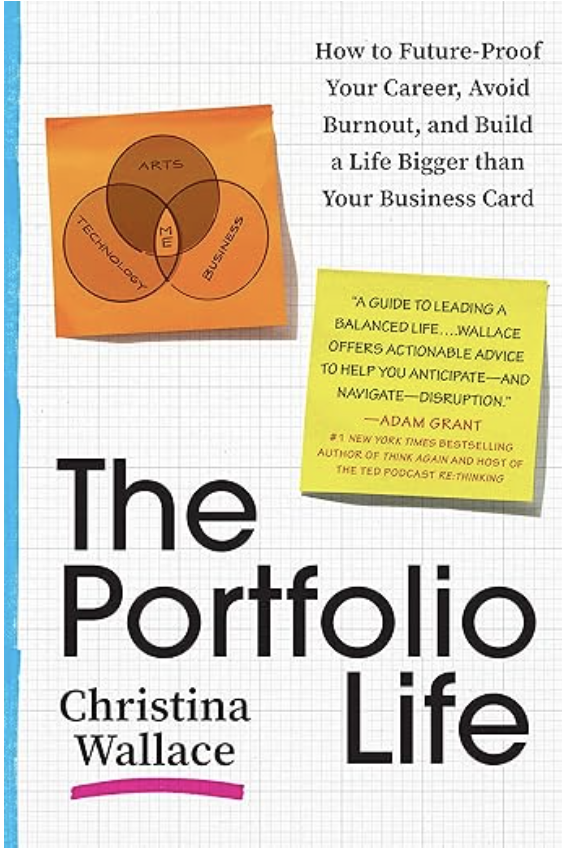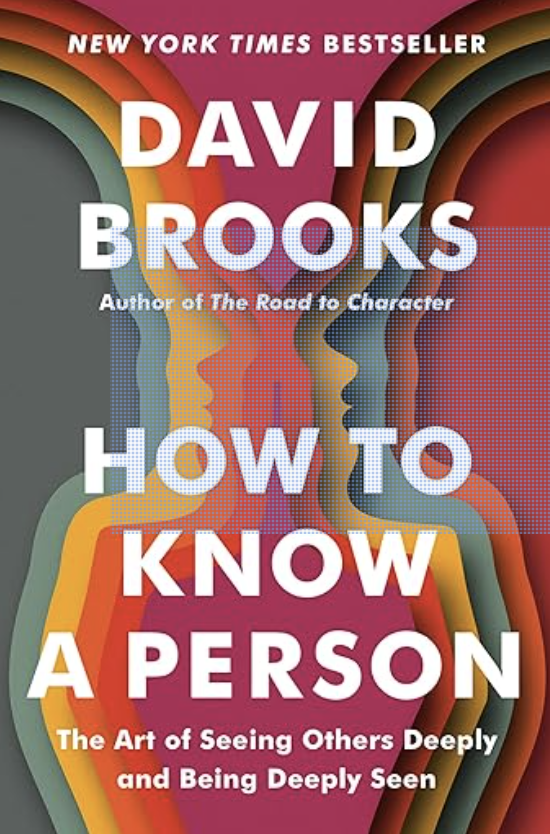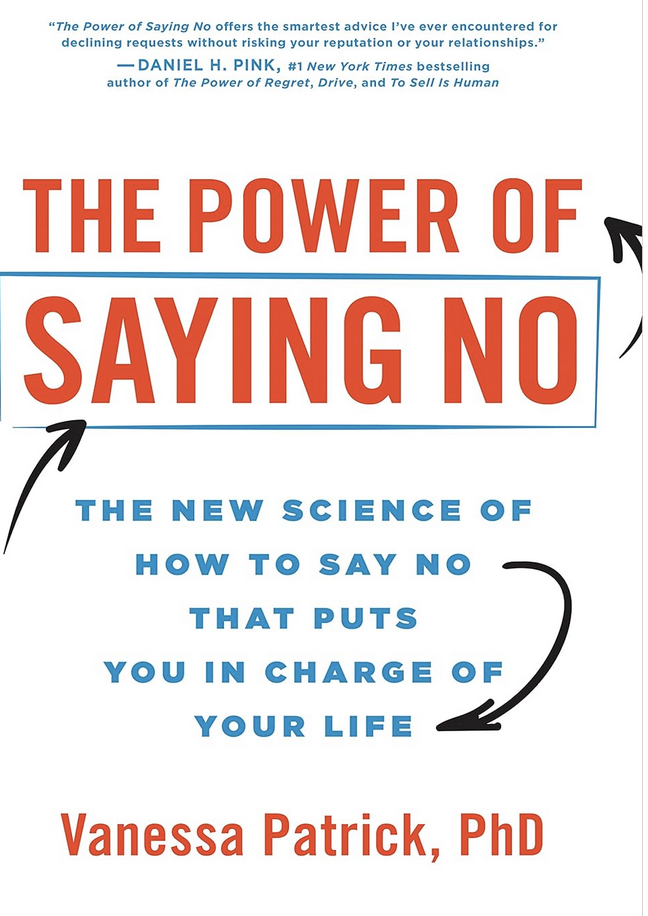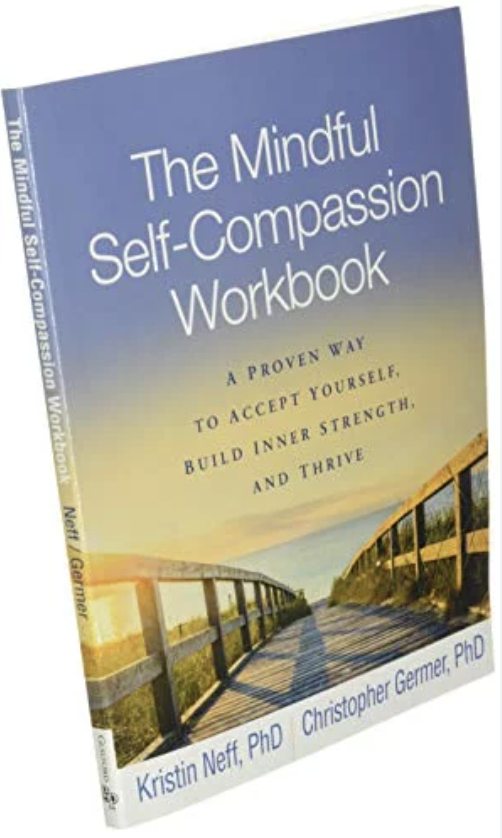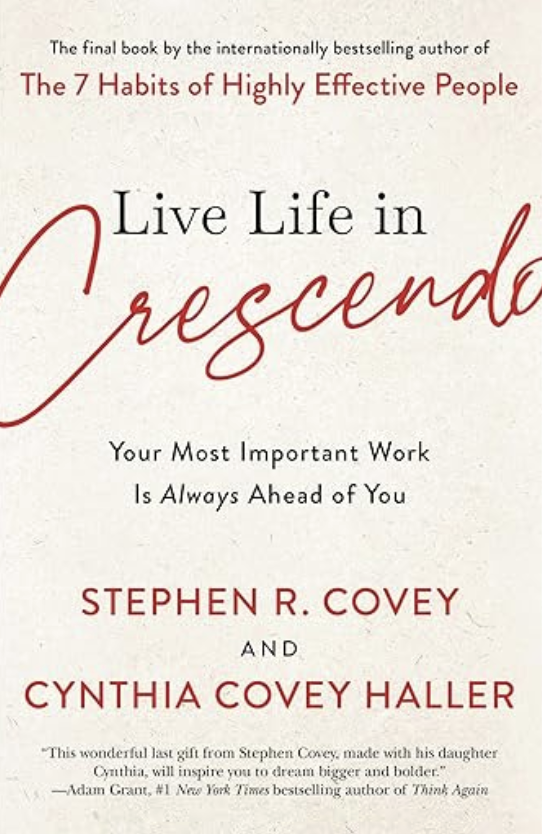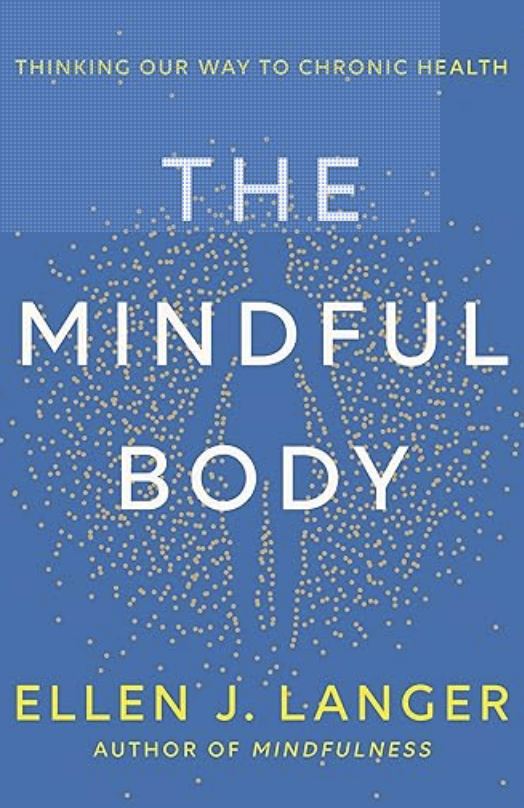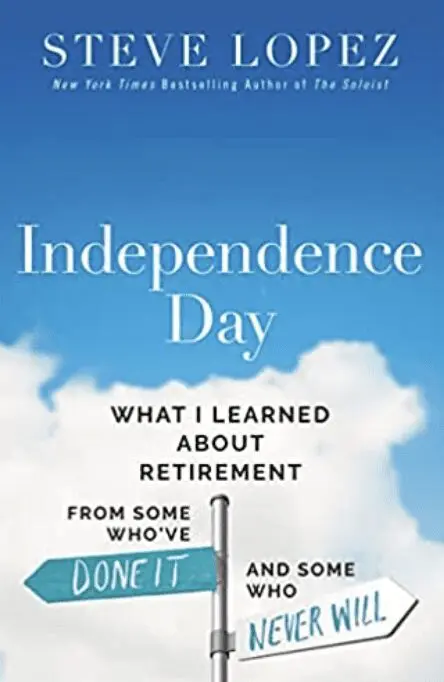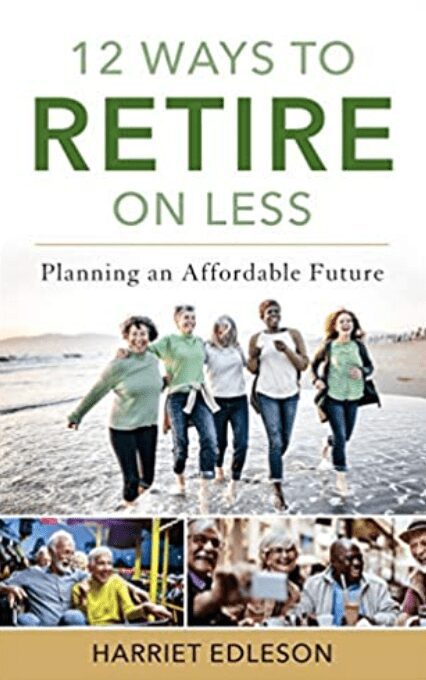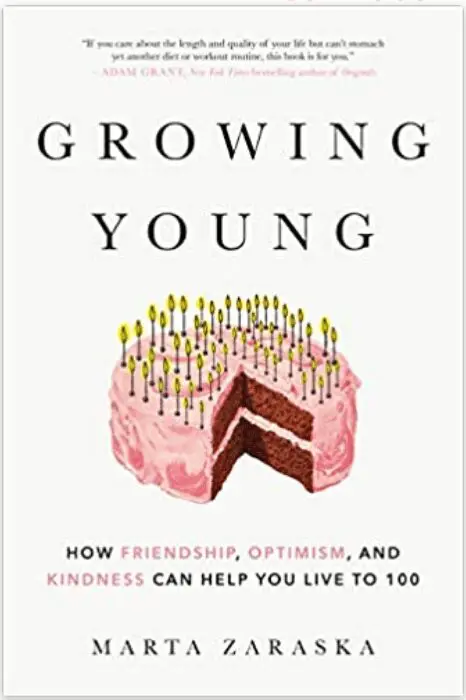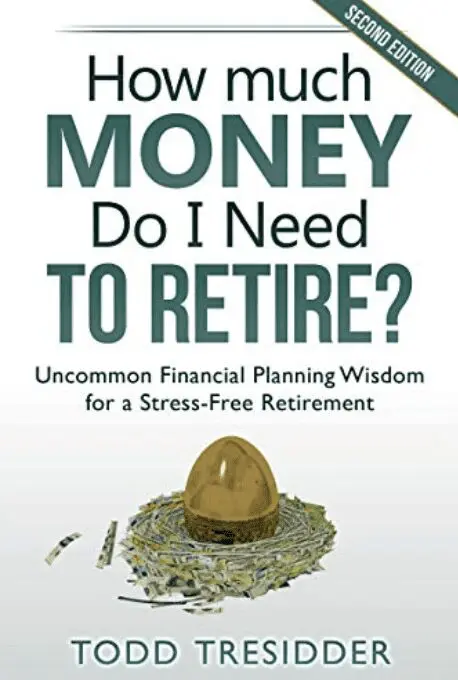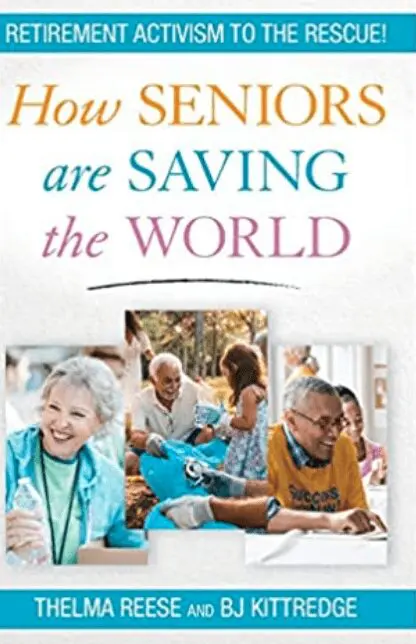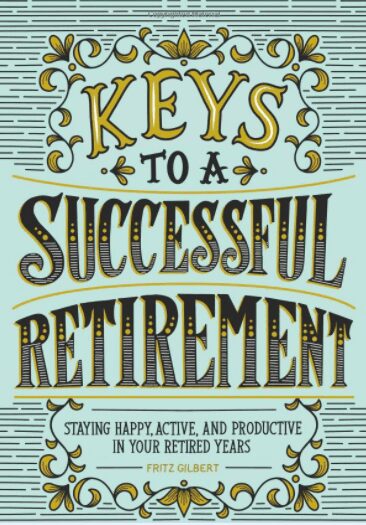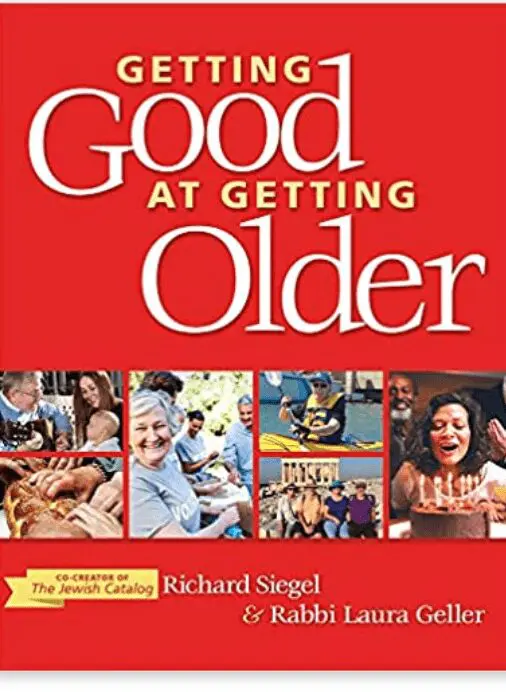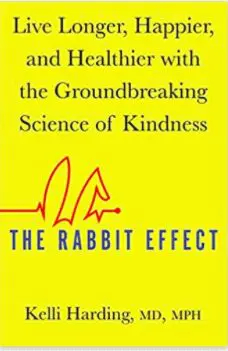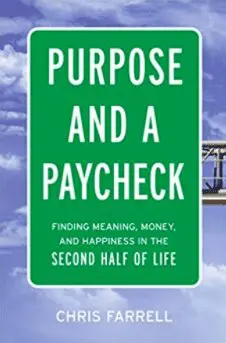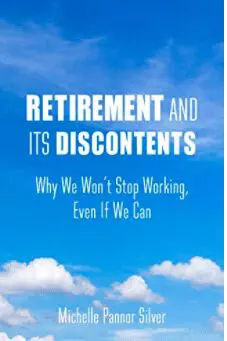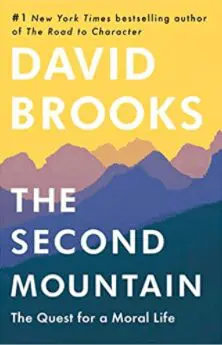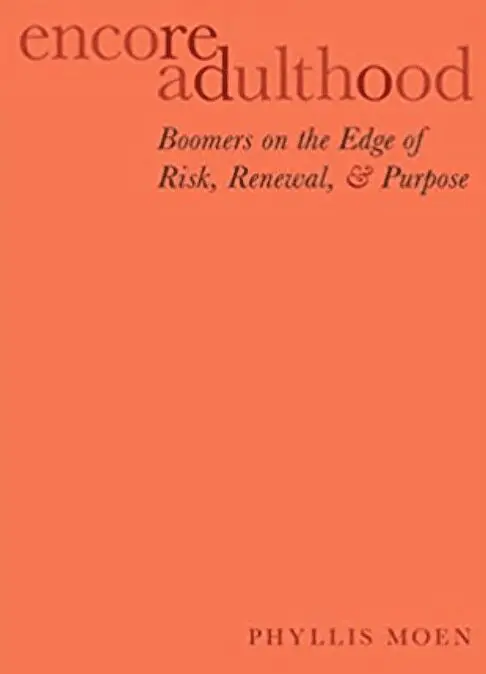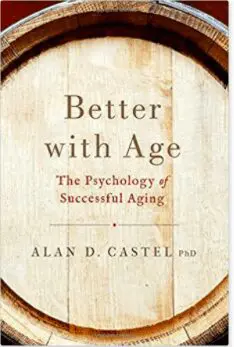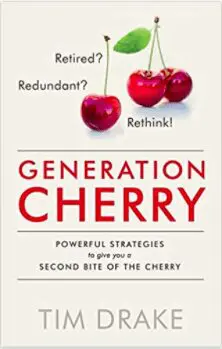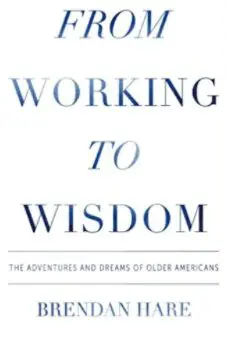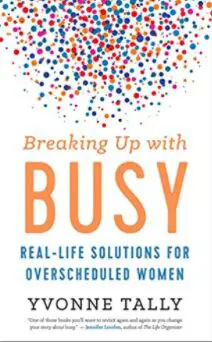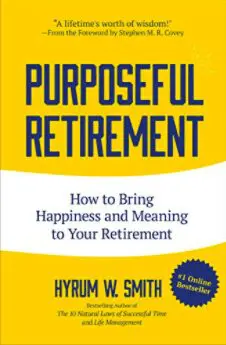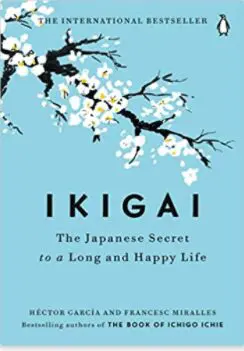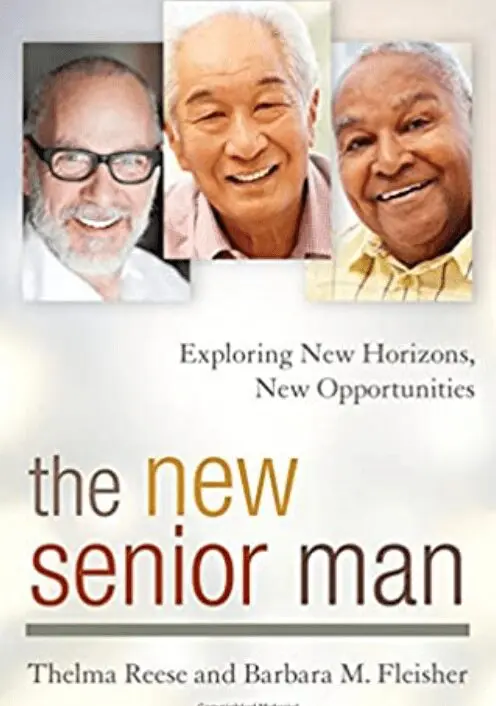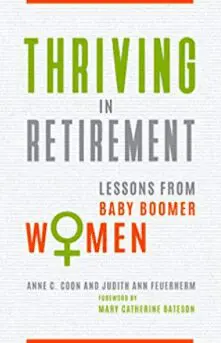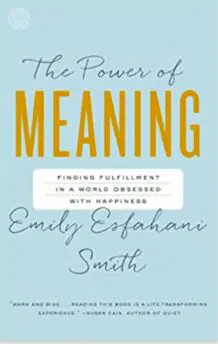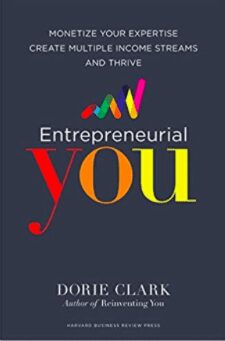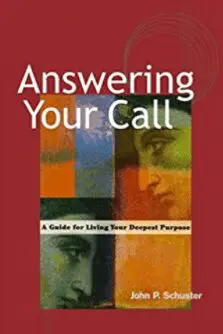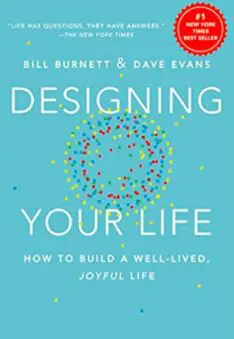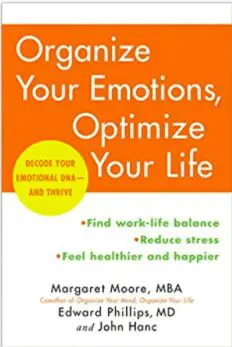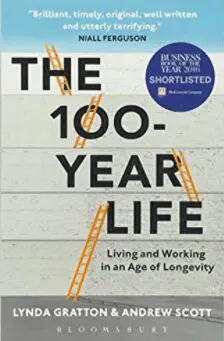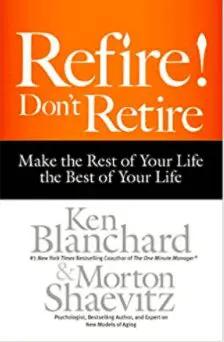By Todd Tresidder (2020, Second Edition)
Book Review by Joe Casey
When can I retire? While we focus on the non-financial aspects of retirement planning at Retirement Wisdom, we know that achieving financial security comes first. It’s critical to have as clear a picture of possible on your ability to retire from a financial perspective. It’s the first part of the equation when people think about the question Can I retire? It’s an important question – and it’s become a more complex question to answer given the uncertainty we face in 2020.
But where do you start to get a good handle on your readiness to retire financially? This book by former hedge fund manager Todd Tresidder offers an excellent starting point. The books I value the most are ones that get me to question my assumptions, challenge my thinking, and offer a different perspective. For me, this book nailed it all on three.
At one level, retirement planning can seem straightforward. How much money do we need and what income will we need to sustain our lifestyle in retirement. But of course, it’s much more complicated than that and Tresidder helps you see through the complexities and focus on what matters most.
In How Much Money Do I Need To Retire? Tresidder, the founder of Financial Mentor, explains three different financial approaches to retirement planning. The first is the Traditional Model, the second is a Lifestyle Planning Model, and the third is the Cash Flow Model. He offers a balanced evaluation of the pros and cons of each approach, but he is clear in his critiques and his recommended approach.
He is highly critical of the Traditional Model, which is the one that most of us are most familiar with. Tresidder makes the case against the Traditional Model because it’s an asset-based approach that, in his view, fails to adequately account for several key risks, such as longevity risk, inflation among others.
Tresidder is more positive about the Lifestyle Planning Model because it goes beyond assets to zero in on the underlying assumptions. It focuses less on income in retirement and more on projecting what your spending will be in retirement. My work in retirement coaching has taught me that people’s retirements are more unique than similar, so I can appreciate the value of this approach.
Finally, he makes a strong case for the Cash Flow Model and his rationale for why he sees it as the most stable and safest approach. There’s a very useful chapter on what you need to know to use retirement calculators wisely, by unpacking their assumptions to avoid getting a false read on your financial projections.
If you’re planning for retirement, you’ll find this to be a worthwhile, thought-provoking resource. It will help you to step back, think through the various strategies, and become clear-eyed about the assumptions that underpin the various options.
How Much Money Will You Need to Retire?
________________________
Related Podcast Episodes You May Like
With the Freedom to Retire, Where Will You Plant Your New Tree? – Don Ezra
What Are The Keys To A Successful Retirement? Fritz Gilbert
__________________________
About Retirement Wisdom
We help people who are retiring from their primary career and are not done yet, discover what’s next.
A long retirement is a terrible thing to waste. And a meaningful retirement doesn’t just happen by accident.
Schedule a call today to discuss how we can help you make yours great.
_______________________
Retirement Wisdom is a coaching company that helps people plan for the non-financial aspects of retirement. From time to time we may provide book reviews that cover other aspects of retirement planning. Readers are advised to consult qualified financial and/or medical professionals on those matters.











